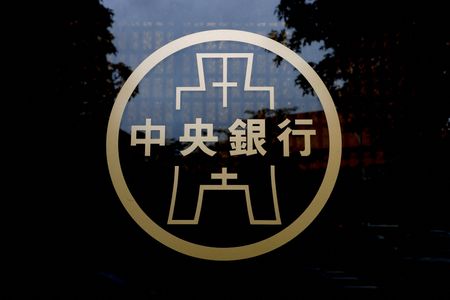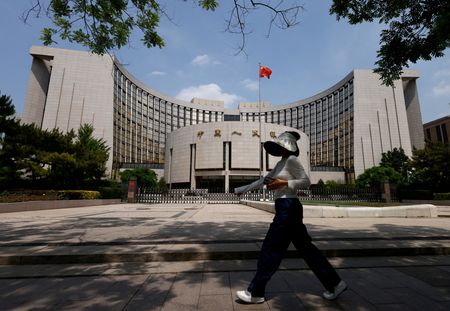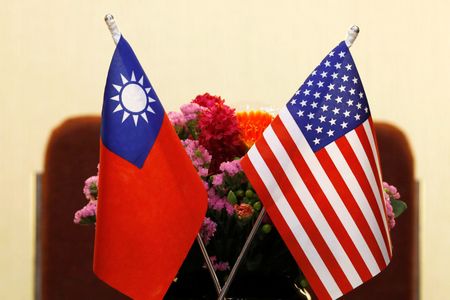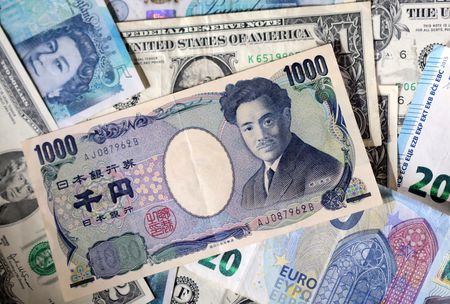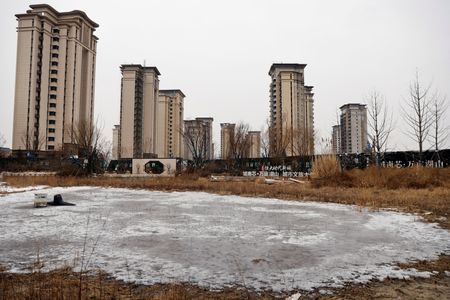TAIPEI (Reuters) -Uncertainty brought about by U.S. import tariffs means decisions on interest rate policy need to be cautious, according to minutes from the Taiwan central bank’s latest meeting published on Wednesday.
At its quarterly board meeting in March, the central bank left the benchmark discount rate at 2%, as expected, prompted by lingering concerns over inflation and the possible impact of U.S. trade tariffs.
The March rate decision, made before U.S. President Donald Trump announced then paused his sweeping import tariffs, was unanimous.
One board member, who it did not identify, said that coupled with the elevated uncertainty over U.S. policies and still solid domestic growth, there seemed to be no urgency for a rate hike and little room for a rate cut.
Going forward, central bankers need to be more careful and prudent considering the global political and economic instability, the member said.
A second board member said that while Taiwan’s economic growth was steady, Trump’s policies were “erratic”, and on balance monetary policy should proceed with caution.
A third board member said the bank needed to maintain its guard against “persistent” inflation and further tightening may be needed if inflation stayed above 2% for an extended period.
Inflation in Taiwan hit a seven-month high of 2.29% in March, above the central bank’s 2% warning line.
The central bank, which has 15 members on its board, holds its next scheduled rate-setting meeting on June 19.
(Reporting by Liang-sa Loh and Ben Blanchard; Editing by Kate Mayberry)

